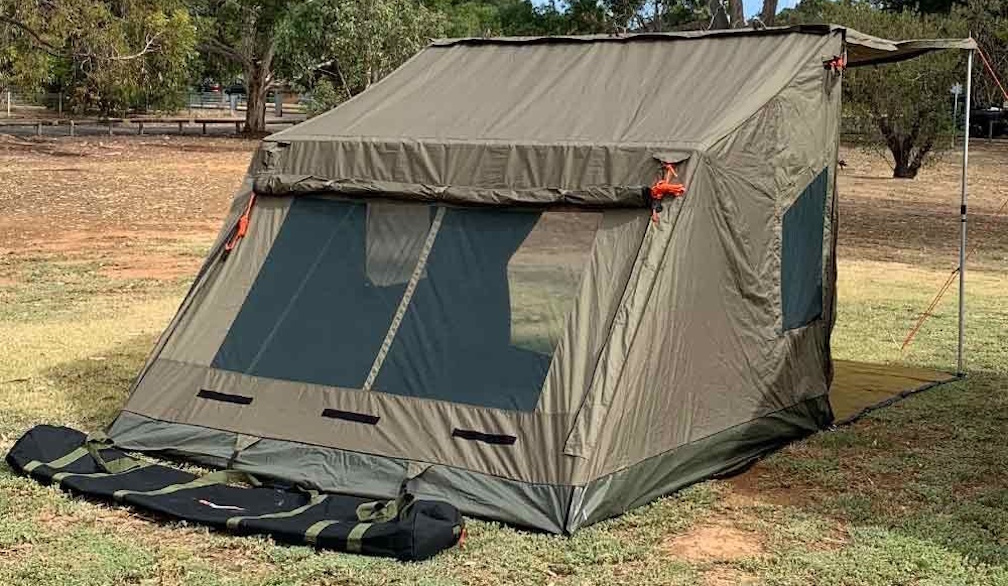What Does a Traffic Controller Do: Duties and Responsibilities
- Written by NewsServices.com

Traffic controllers monitor and direct people and vehicles around construction sites. Sites with a large number of people or where heavy machinery operates need a traffic controller to minimise the risk of accidents and ensure that everyone is aware of hazardous areas. Traffic controllers must go through a traffic controller course and be accredited to work legally. So what does it take to be a traffic controller? If you are planning to become a traffic controller, here are some of the duties and responsibilities involved.
Traffic Controller Duties
Traffic controllers help direct cars on busy roads or machinery in working sites. It involves more than just waving around stop and bat signs, as most people might think. There are other duties and responsibilities as outlined below.
Duties
- Traffic controllers keep debris off the roads and ensure that vehicles are parked where they are supposed to be.
- They must ensure there are appropriate signs where needed, for example, "Men at Work."
- Traffic controllers ensure that everyone is safe and wearing the proper safety equipment whenever work is ongoing. Depending on the work type, these can be hats, glasses, or anything else. Visitors who visit the site should also ensure their safety equipment is on.
- At construction sites, they guide pedestrians and vehicles to maneuver around the location carefully.
- They also keep pedestrians clear of any interference with work that is going on, and this means ensuring they follow the correct safety procedures.
- Traffic controllers ensure that vehicles near construction sites, whether coming in or going out, adhere to the speed limit and don't damage anything else.
- They prevent vehicles from obstructing or blocking paths meant for other cars or pedestrians.
Responsibilities
Regarding responsibilities, the primary work of traffic controllers is to ensure that motorists, pedestrians, and construction workers are safe. They prevent accidents whenever construction occurs on highways, roads, and new buildings. Traffic controllers also adhere to safety precautions and rules set by the proper authorities.
Traffic controllers work in several industries, including commercial building projects, utility line installations, and construction projects. Traffic controllers can be independent, but they can also be under a contractor. On a construction site, their responsibilities include:
Keeping a low traffic flow
Proper coordination with other departments like the public works to ensure roads are safe whenever there is construction
Adhering to the proper flagging procedures, proper signage, and barricade placement
Requirements to Become a Traffic Controller
- Education - To become a traffic controller, you must have a high school diploma. Some employers, however, would require their candidates to have at least a bachelor's degree in traffic engineering.
- Training & Experience - You get training and experience for traffic controllers while on the job. Depending on how complex the company's policy is and the position you intend to take, your training might last for as little as a few weeks or can go for up to a month.
- Certificates & Licences - They are not necessary when becoming a traffic controller. Still, it might greatly help you when faced with a competitive candidate and even boost your income.
Conclusion
As a traffic controller, you must take your job seriously. You should have some skills to be practical at your job. These skills include communication, attention to detail, quick problem-solving, and excellent leadership skills. You will also be required to take a traffic controller course for you to be qualified for the job.























